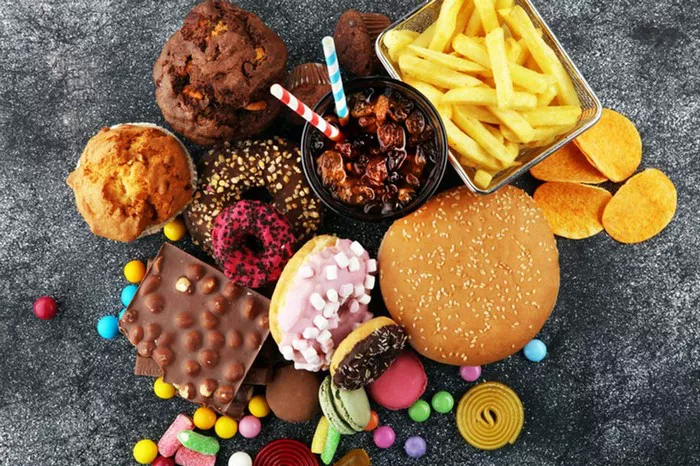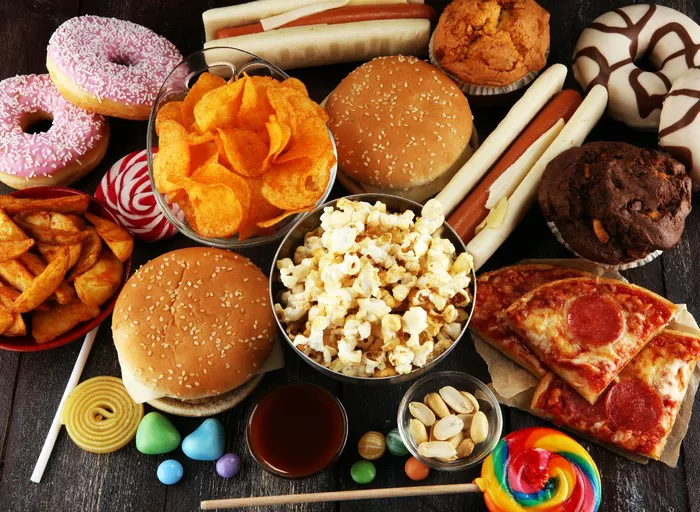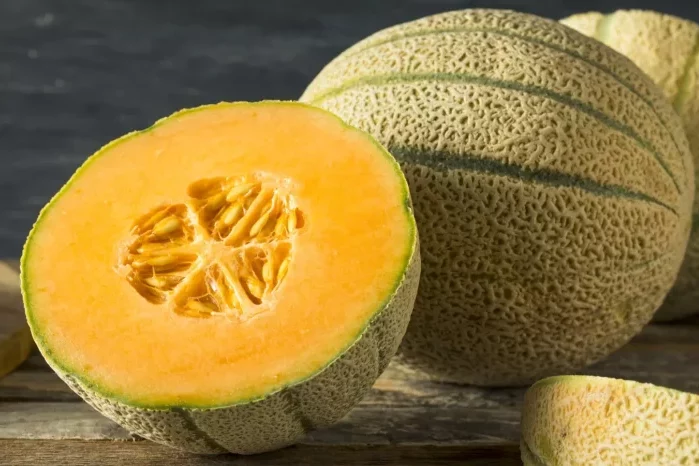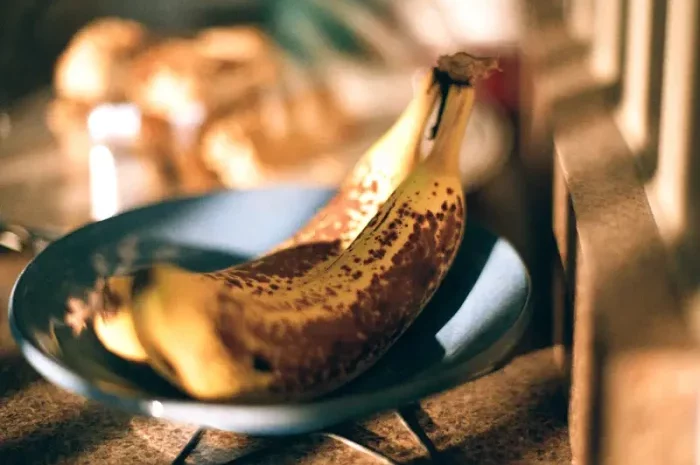Managing blood sugar levels is a crucial aspect of living with diabetes. Proper dietary choices play a significant role in controlling blood glucose levels and preventing complications associated with diabetes. This article delves into the foods that individuals with high blood sugar should avoid, providing detailed explanations on why these foods can be detrimental and offering healthier alternatives.
Refined Carbohydrates and Sugars
Refined carbohydrates and sugars are rapidly absorbed by the body, causing a quick spike in blood glucose levels. Foods high in refined carbs and sugars include:
- White Bread and Pastries: These foods are made from refined flour, which has been stripped of its fiber and nutrients, leading to a high glycemic index (GI). The GI measures how quickly a food raises blood sugar levels. High-GI foods can cause rapid increases in blood glucose.
- Sugary Beverages: Sodas, sweetened teas, and energy drinks are loaded with simple sugars that can cause immediate spikes in blood sugar. These drinks also provide empty calories without any nutritional benefit.
- Candy and Sweets: Foods like candy bars, cookies, and cakes are high in both sugar and refined flour, making them particularly problematic for blood sugar control.
- Breakfast Cereals: Many commercial breakfast cereals, especially those marketed to children, contain high amounts of sugar and refined grains.
Healthier Alternatives: Opt for whole grain products like whole wheat bread, oats, quinoa, and brown rice. For beverages, choose water, unsweetened tea, or coffee. When craving something sweet, fruits like berries, which have a lower glycemic impact, are a better choice.
Trans Fats and Saturated Fats
Trans fats and saturated fats can contribute to insulin resistance, which is a key problem in diabetes management. These fats are found in:
- Fried Foods: Foods like French fries, fried chicken, and doughnuts are often cooked in oils that contain trans fats.
- Packaged Snacks: Many chips, crackers, and microwave popcorns contain trans fats to enhance shelf life.
- Baked Goods: Items such as cakes, pies, and cookies often use trans fats in their preparation.
- Red Meat and Processed Meats: High in saturated fats, these foods can exacerbate insulin resistance and increase cardiovascular risk.
Healthier Alternatives: Use healthier fats such as those found in olive oil, avocado, and nuts. For protein, choose lean meats, poultry, fish, and plant-based sources like legumes and tofu.
High-Glycemic Fruits and Vegetables
While fruits and vegetables are generally healthy, some have a high glycemic index and can affect blood sugar levels:
- High-Glycemic Fruits: Fruits like watermelon, pineapple, and ripe bananas can cause blood sugar spikes due to their high sugar content.
- Starchy Vegetables: Potatoes, corn, and peas are high in starch, which is broken down into glucose and absorbed quickly.
Healthier Alternatives: Choose fruits with a lower glycemic index such as berries, apples, and pears. For vegetables, opt for non-starchy options like leafy greens, broccoli, cauliflower, and bell peppers.
Dairy Products with Added Sugars
Certain dairy products can be problematic for those with high blood sugar:
- Flavored Yogurts: Often contain added sugars, making them a less desirable option for blood sugar control.
- Full-Fat Dairy: High in saturated fats, which can impact insulin sensitivity.
Healthier Alternatives: Select plain, low-fat, or Greek yogurt without added sugars. For milk, choose low-fat or skim options, and consider plant-based alternatives like almond or soy milk, which have no added sugars.
Processed and Packaged Foods
Processed and packaged foods often contain hidden sugars, unhealthy fats, and preservatives that can negatively affect blood sugar levels:
- Canned Soups and Ready Meals: Often high in sodium, sugar, and unhealthy fats.
- Snack Bars and Granola Bars: Can be high in sugar and artificial ingredients.
- Instant Noodles and Packaged Snacks: Usually contain refined carbohydrates and unhealthy oils.
Healthier Alternatives: Prepare meals from fresh ingredients when possible. Choose snacks like nuts, seeds, and fresh fruits. For convenience, look for minimally processed options with no added sugars or unhealthy fats.
Alcoholic Beverages
Alcohol can interfere with blood sugar levels in unpredictable ways, causing both spikes and drops in blood sugar:
- Beer and Sweet Wines: Contain high amounts of carbohydrates and sugars.
- Mixed Drinks: Often made with sugary mixers like sodas or syrups.
Healthier Alternatives: If you choose to drink, opt for dry wines or spirits mixed with soda water or consumed neat. Always monitor your blood sugar levels closely when consuming alcohol.
High-Sodium Foods
Excessive sodium intake can lead to high blood pressure, which is a common co-condition in individuals with diabetes:
- Processed Meats: Like bacon, sausage, and deli meats are high in sodium.
- Canned Vegetables and Soups: Often contain added salt as a preservative.
- Fast Food: Frequently loaded with sodium to enhance flavor.
Healthier Alternatives: Use herbs and spices to season foods instead of salt. Choose fresh or frozen vegetables over canned ones, and look for low-sodium options when available.
High-Fat Dairy Products
High-fat dairy products can increase the risk of heart disease and exacerbate insulin resistance:
- Whole Milk and Cream: High in saturated fats.
- Butter and Cheese: Particularly those made from whole milk.
Healthier Alternatives: Switch to low-fat or fat-free dairy products. Use plant-based oils instead of butter, and try plant-based cheeses and yogurts.
Hidden Sugars in Condiments and Sauces
Many condiments and sauces contain added sugars that can affect blood sugar levels:
- Ketchup and Barbecue Sauce: Often contain high-fructose corn syrup or other sugars.
- Salad Dressings: Many commercial dressings have added sugars.
Healthier Alternatives: Make your own dressings and sauces at home to control sugar content. Use vinegar, olive oil, lemon juice, and herbs for flavoring.
Grains and Flours with High Glycemic Index
Certain grains and flours can cause rapid increases in blood sugar:
- White Rice: Has a high glycemic index compared to other grains.
- Refined Flours: Used in many baked goods and processed foods.
Healthier Alternatives: Choose whole grains like quinoa, barley, and bulgur. Use whole wheat flour or alternative flours such as almond or coconut flour.
Artificial Sweeteners
While often considered safe, some artificial sweeteners can affect insulin sensitivity and gut health:
- Aspartame and Sucralose: Found in many “diet” or “sugar-free” products.
Healthier Alternatives: Use natural sweeteners like stevia or monk fruit in moderation. Focus on reducing overall sweetness preference.
Conclusion
Managing high blood sugar through diet requires careful attention to food choices. By avoiding foods high in refined carbohydrates, sugars, unhealthy fats, and sodium, individuals with diabetes can better control their blood glucose levels and reduce the risk of complications. Emphasizing whole, unprocessed foods and healthier alternatives will not only aid in blood sugar management but also contribute to overall health and well-being. Always consult with a healthcare provider or a registered dietitian to tailor dietary recommendations to your specific needs and medical condition.
Related topics:
How Eating Affects Blood Sugar?

























